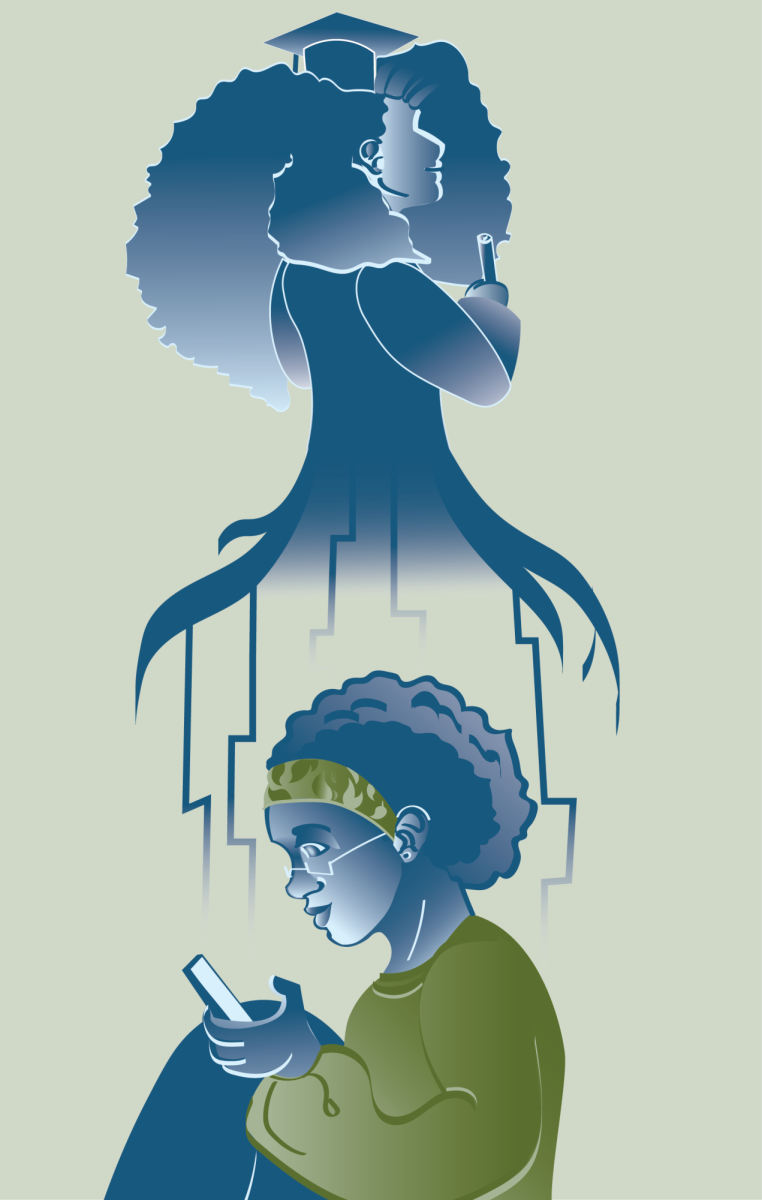Most high school students dream of this feeling; the uncontainable excitement that builds when they receive highly-anticipated college decision letters. Some students have waited their entire lives, and put in countless hours of hard work, to experience the rush of overwhelming joy when reading an acceptance letter from their dream school.
But what if this stress-inducing, suspenseful situation isn’t universal? Well, some may be surprised to find out that not everyone needs to go through years of pressure and dedication to secure their spot in a reputable school. In fact, for some students, their biggest advantage over other applicants has nothing to do with persistence or intellect, but rather whether or not one of their parents attended the school.
According to the Washington Post, some of the most highly-acclaimed colleges in the nation, including Duke, Vanderbilt, Harvard, and Yale offer so-called legacy preferences. This means that students whose parents have attended any of these prestigious schools, will receive extra consideration on their applications over students who have no previous ties to the school.
The concept of legacy status during the college application process is completely unfair, and has significantly detrimental effects on the students it doesn’t benefit. At 18 years old, many students applying for college will complete this process more or less independently, some students don’t even have the privilege of being advised by a parent or sibling who’s already navigated college applications. Therefore, it’s unjust that a deciding factor in a student’s admission has anything to do with their parents.
One reason why legacy consideration is unfair is that it gives students who have parent alumni an unjustified advantage over students who have put in hard work and dedication to be admitted to one of these reputable schools.
During their high school years, many students put in hours of studying, participate in extracurriculars, and still may not be admitted into a school because neither of their parents attended it. Basing any part of the college admissions process on a student’s parent takes the emphasis off a student’s capabilities and accomplishments, focusing more on the status that student inherits from their parents.
Furthermore, legacy admissions often favor white, affluent students who are more likely to have a parent privileged enough to have attended the school first. While affirmative action was a system in place to increase opportunities for underrepresented communities and eliminate unlawful discrimination in the admissions process, according to NBC News, it was outlawed by the Supreme Court in June of 2023.
The systemic racism deeply rooted in our society already puts people of color at a disadvantage when it comes to receiving equal opportunities in higher education. This inequality is perpetuated by the legacy admissions system as students of color, who are equally deserving of the opportunity to be accepted into one of these schools, may not be considered just because their parents didn’t have the resources to attend it before them.
Finally, this concept upholds larger systems of inequality as it generally benefits white, wealthy students who will receive degrees from these reputable schools boosting their chances of being considered for lucrative careers in the real world. This pertains to students interested in career fields such as law, or STEM.
According to information listed on the Harvard website, students accepted to Harvard will be provided with resources to aid them in applications for graduate school and fellowship programs. Ivy League schools like Harvard are set up with the intent of providing their students with plentiful resources and connections that increase their chances of achieving profitable careers in law, science, medicine, etc. Because of this, the conclusion can be drawn that the affluent students who benefit from legacy admissions will acquire advantages to receive well-paid jobs which may not be awarded to students of color who are not accepted because they don’t have legacy status, and therefore might attend a university with less bountiful resources.
While some people may believe that legacy status doesn’t have much of an impact on the admissions process, an article by the CNN includes research from non-profit organization, Education Reform Now, that concludes legacy applicants at Harvard University are two times as likely to be admitted as non-legacy applicants.
Another article by the Washington Post includes information about the broader impact of this system, through a report from the Education Department, claiming that legacy status could impede the racial and socioeconomic diversity of a university.
The verdict is plain and simple; legacy status on college applications is entilrely unfair, however, the solution may not be so easy to reach. While the Supreme Court has already deemed affirmative action unconstitutional, the United States Congress can still attempt to make efforts creating a more just admissions process.
In order for equality to truly be reached in college decisions, legacy admissions should be outlawed, and federal law must be implemented to ensure that schools which participate in this discriminatory system to face appropriate consequences for their actions.









